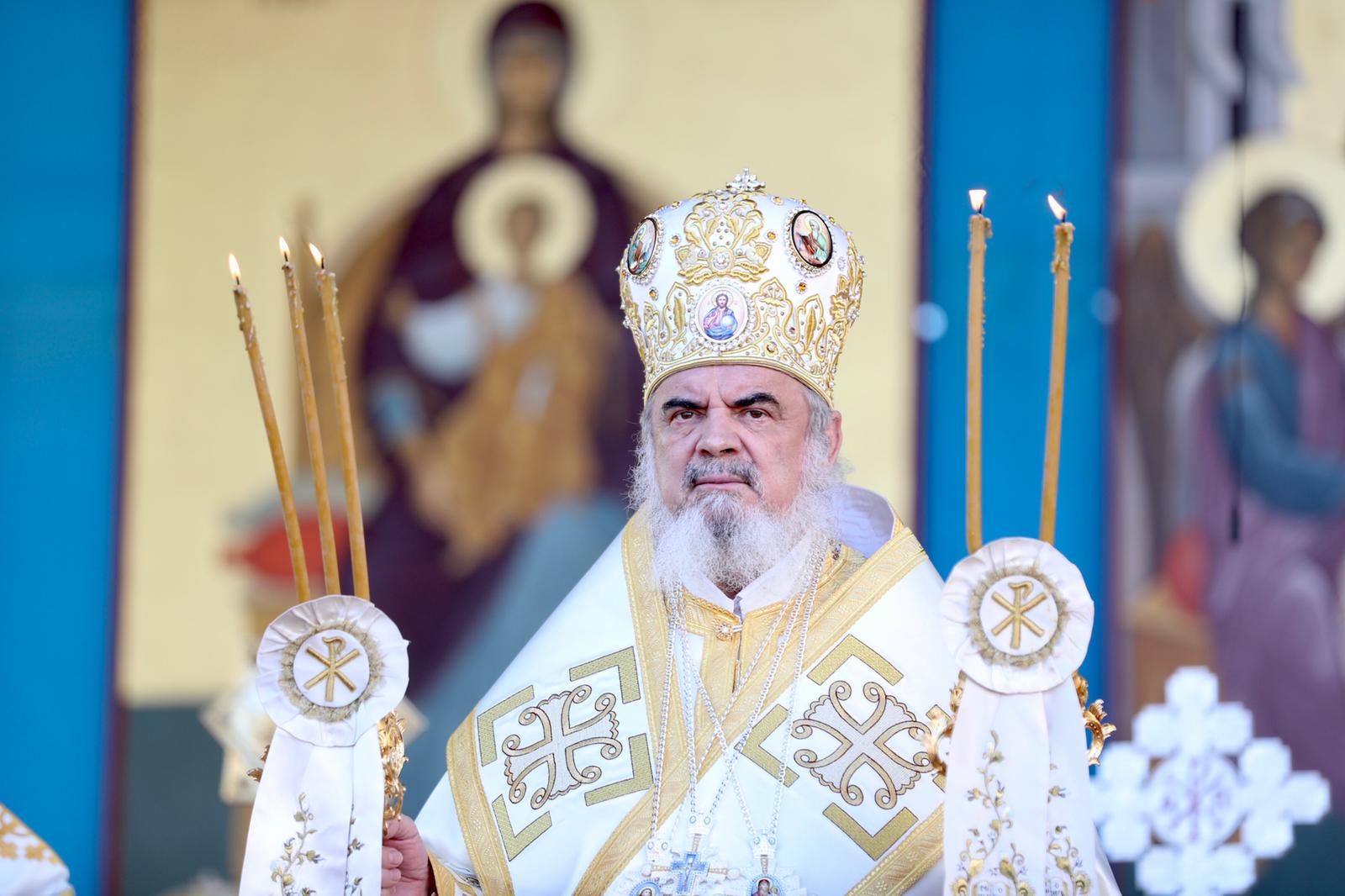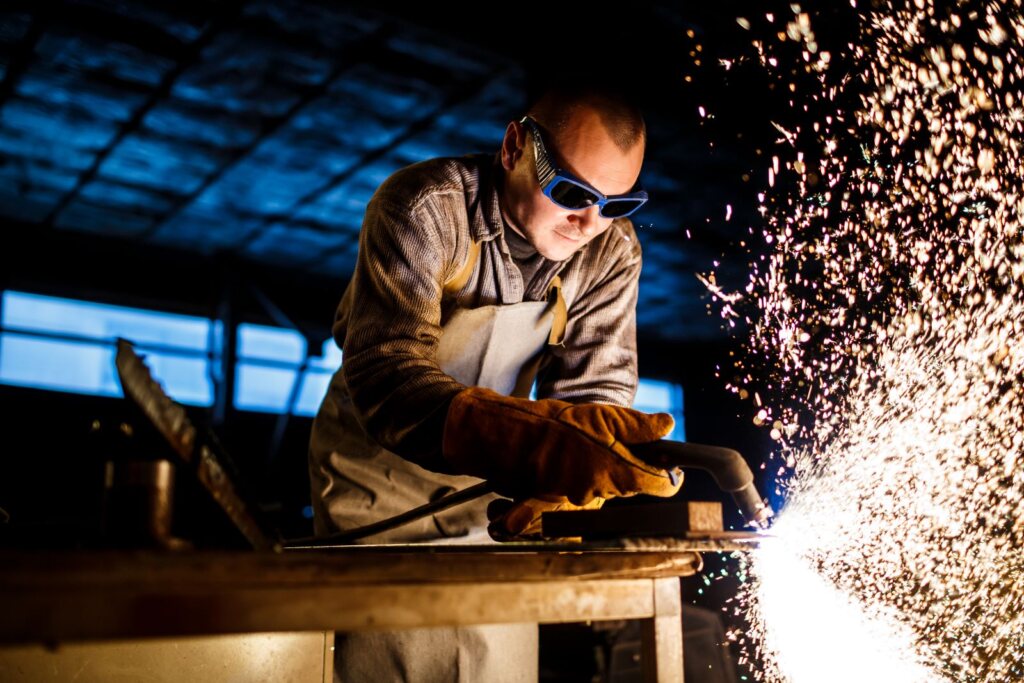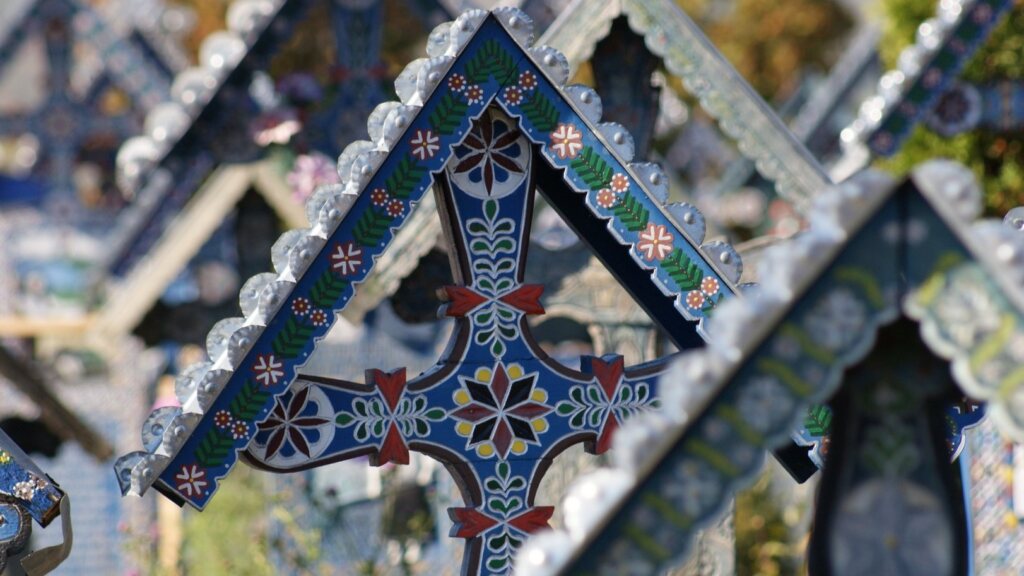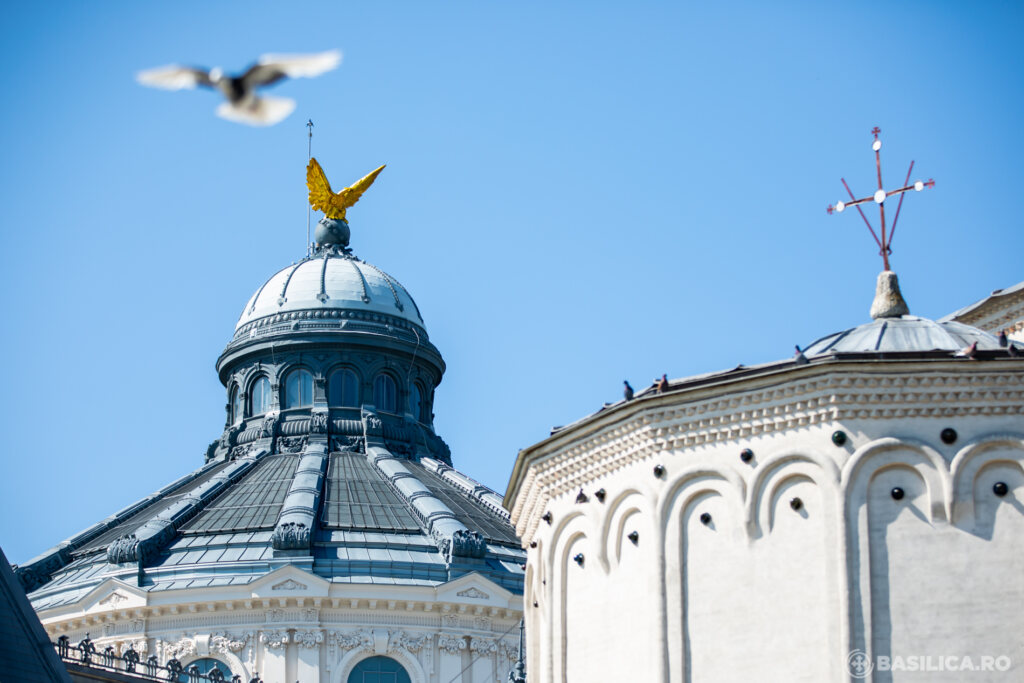‘Saint Constantine the Great is a friend of our country. He sent missionaries to Banat and Oltenia to intensify Christian life and to convert pagans to Christianity (…), he built many churches (basilicas). He loved these places very much,’ Patriarch Daniel stressed on Tuesday during the patronal feast of the Patriarchal Cathedral in Bucharest.
The Patriarch of Romania presided over the Divine Liturgy celebrating the feast of Sts Constantine and Helen at the outdoor altar of the Patriarchal Cathedral on May 21, 2019.
The Patriarch explained the connection between Saint Constantine and Dacia, the territory of today’s Romania, saying that the Roman Emperor was born in Naisus, close to this region.
His Beatitude recalled that St Constantine the Great freed Dacia from Gothic domination, ‘asking Goths not to persecute Christians, thus a large part of the population from the North of the Danube became Christian.’
An example for Romanian ruler princes
The Patriarch of the Romanian Orthodox Church highlighted that many Romanian ruler princes followed the example of Saint Constantine the Great. He pointed to Prince Constantin Serban Basarab who built the current patriarchal cathedral on the Hill of the Patriarchate in 1656-1658.
‘On May 6, 1658, Patriarch Makarios III of Antioch performed the consecration service of this holy place which became in 1668 a Metropolitan Cathedral, and in 1925 a Patriarchal Cathedral.’
The Patriarch of Romania added that ‘Constantine Brancoveanu, a great founder of churches and monasteries, was anointed a Prince in this church in 1688.’
Shepherd of the Church
Comparing the conversion of St Paul and that of St Constantine, Patriarch Daniel said that St Constantine ‘is a chosen of God that did not receive his call from men, but a direct, divine call.’
‘From a pagan Emperor,’ the Patriarch said, Saint Constantine became ‘an apostle, that is a person sent by God to witness Christ to the world and to help to spread the Christian faith inside the Roman Empire.’
‘He gave freedom to Christians. He began to return properties confiscated by pagan emperors; he offered them basilicas because many of the Christian churches were demolished during persecutions; he called out persecuted bishops and clergy from exile, and supported the building of new churches,’ His Beatitude noted.
Constantine the Great and Humble
Some of the legislations Constantine adopted had a profound Christian character, because he ‘condemned adultery, abortion, and abolished torture because in all these was a humiliation of God’ image in man.’
His Beatitude also mentioned the convening of the First Ecumenical Council at Nicaea in 325 when the Church condemned the heresy of Arius and created the Creed, a declaration and summary of the Christian faith, which was later amended at the Second Ecumenical Council.
The Patriarch underscored the humble behaviour of Emperor Constantine, who out of respect for the bishops present at the first Ecumenical Council did not sit on the throne according to tradition, but stand on his feet.
St Helen, model of a Christian mother
Patriarch Daniel turned his attention to Saint Helen, the mother of St Constantine the Great.
She was the one to discover the holy cross on which Christ was crucified and supported her son in all profitable works.
From Saint Helen, the patriarch noted, ‘we learn what child education means.’
‘Almost all the decisions made by Saint Constantine were due to the beneficial influence of his mother. A simple but faithful, courageous woman, who felt that only by the help of Christ can tribulations and temptations be overcome in the world marked by sin.’
The Patriarch referred to the holy cross as a common sign of both Holy Emperors.
St Constantine saw the sign of the cross in heaven, and his mother discovered Christ’s cross in the earth.
‘This means that the Holy Cross connects the earth with heaven and heaven with the earth, becoming the ladder of our salvation.’
Finally, the Patriarch of Romania congratulated all those celebrating their name’s day on the feast of Sts Constantine and Helen.
Photography courtesy of Basilica.ro /Raluca Ene






